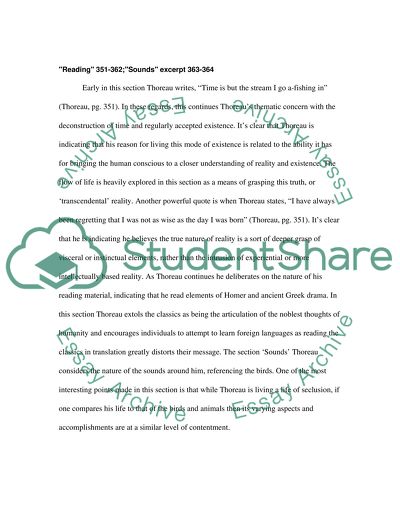Cite this document
(“The Portable Thoreau , Where I Lived, and What I Lived For / Miller, Essay”, n.d.)
Retrieved from https://studentshare.org/environmental-studies/1419657-the-portable-thoreau-where-i-lived-and-what-i
Retrieved from https://studentshare.org/environmental-studies/1419657-the-portable-thoreau-where-i-lived-and-what-i
(The Portable Thoreau , Where I Lived, and What I Lived For / Miller, Essay)
https://studentshare.org/environmental-studies/1419657-the-portable-thoreau-where-i-lived-and-what-i.
https://studentshare.org/environmental-studies/1419657-the-portable-thoreau-where-i-lived-and-what-i.
“The Portable Thoreau , Where I Lived, and What I Lived For / Miller, Essay”, n.d. https://studentshare.org/environmental-studies/1419657-the-portable-thoreau-where-i-lived-and-what-i.


